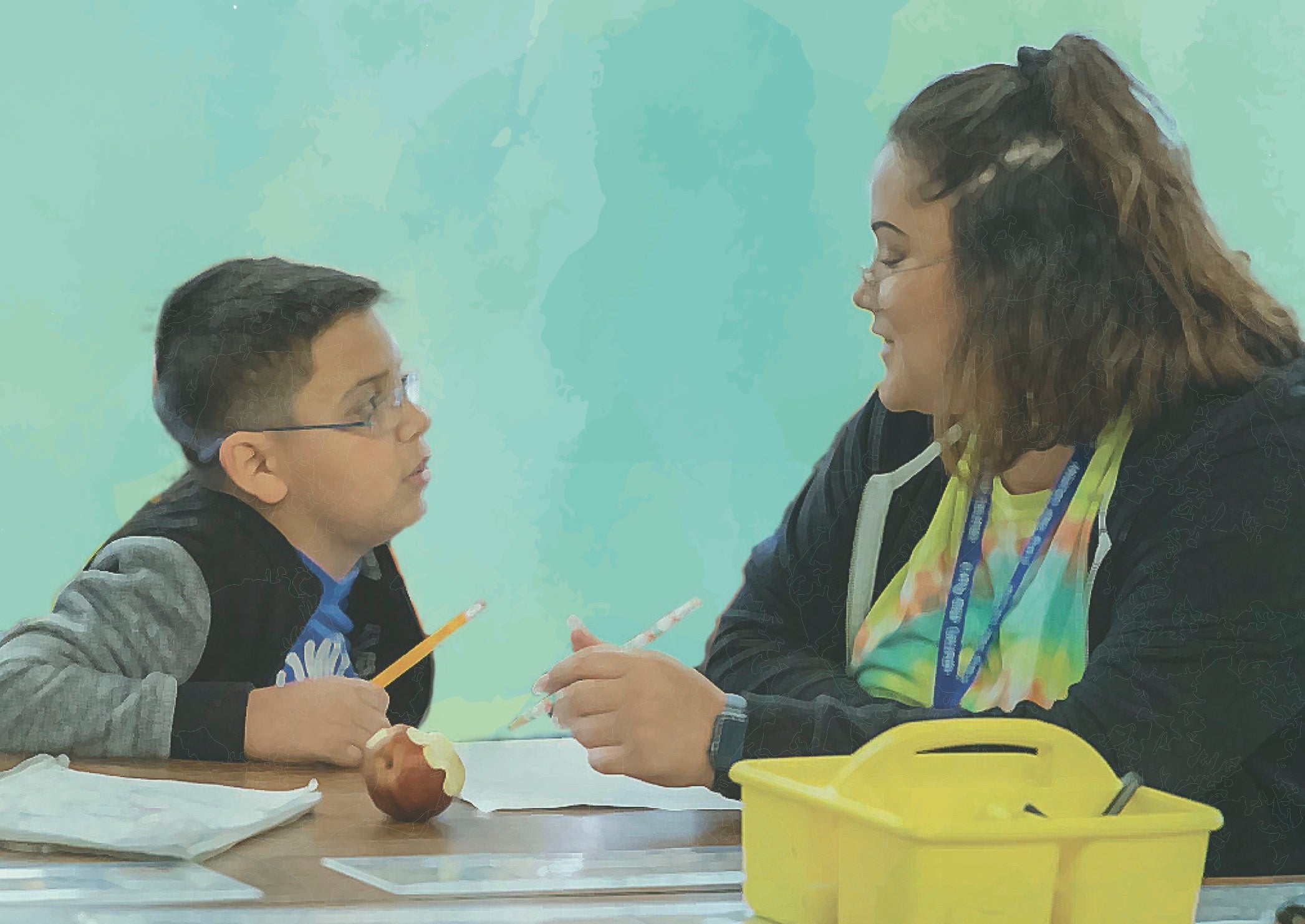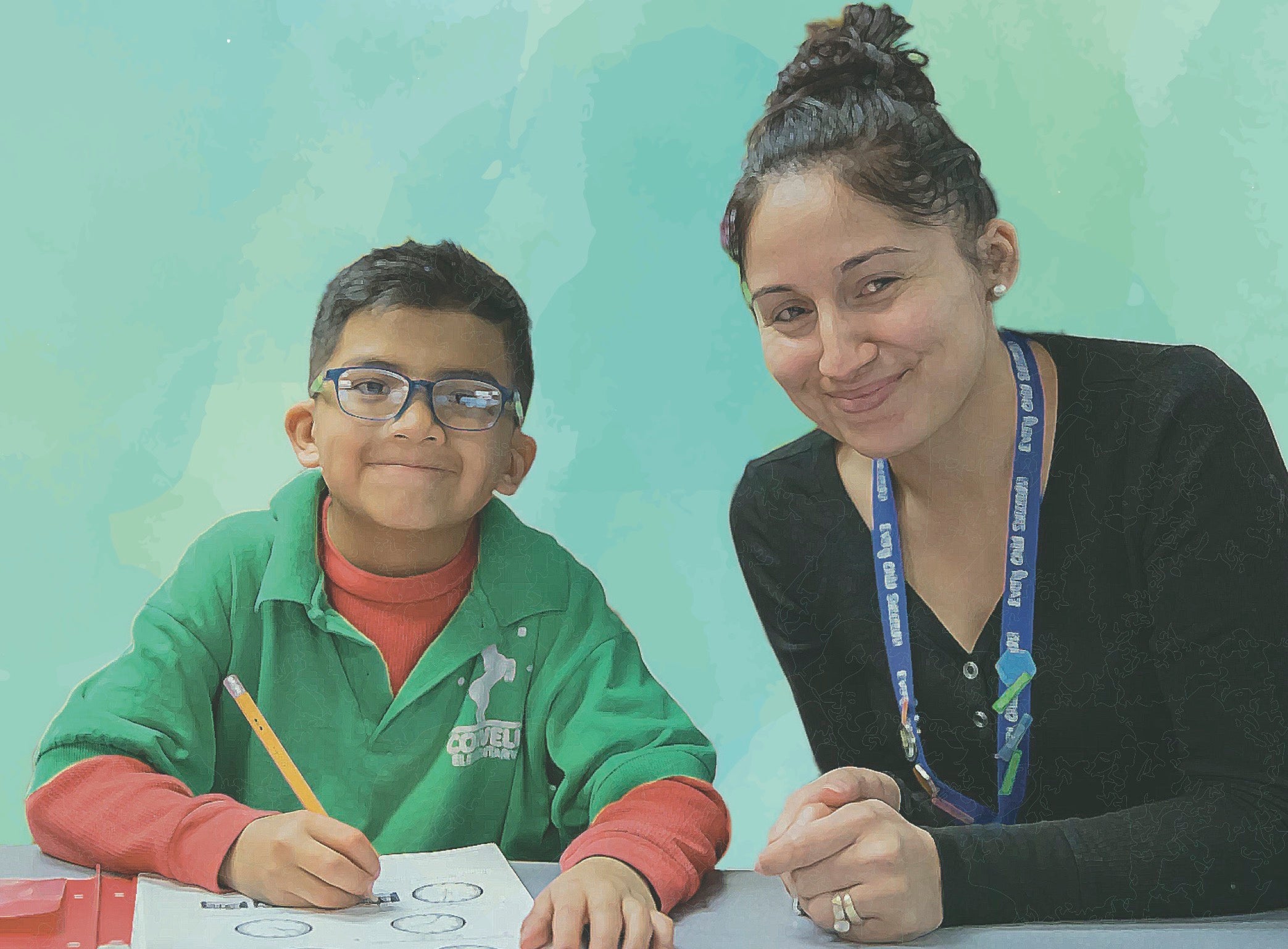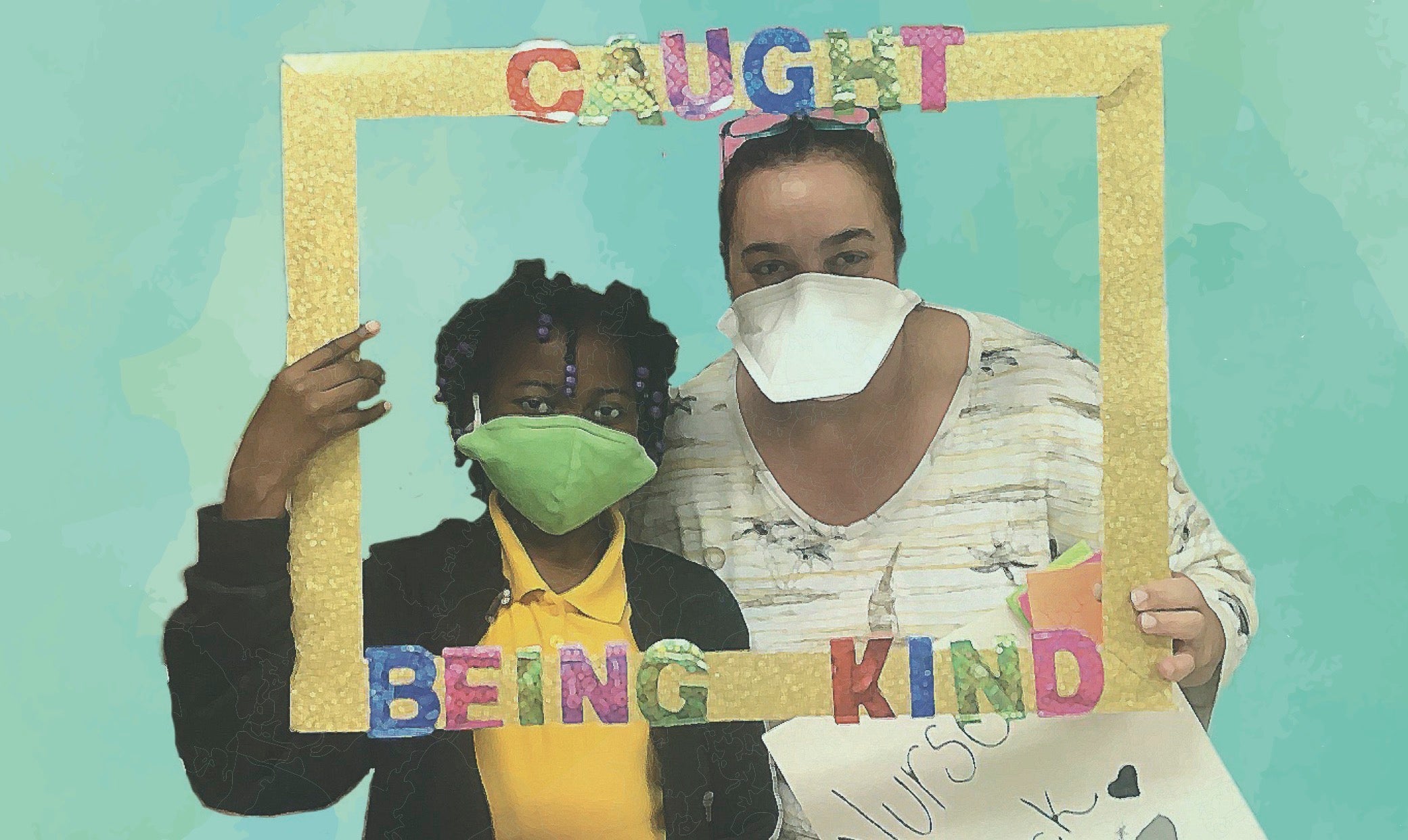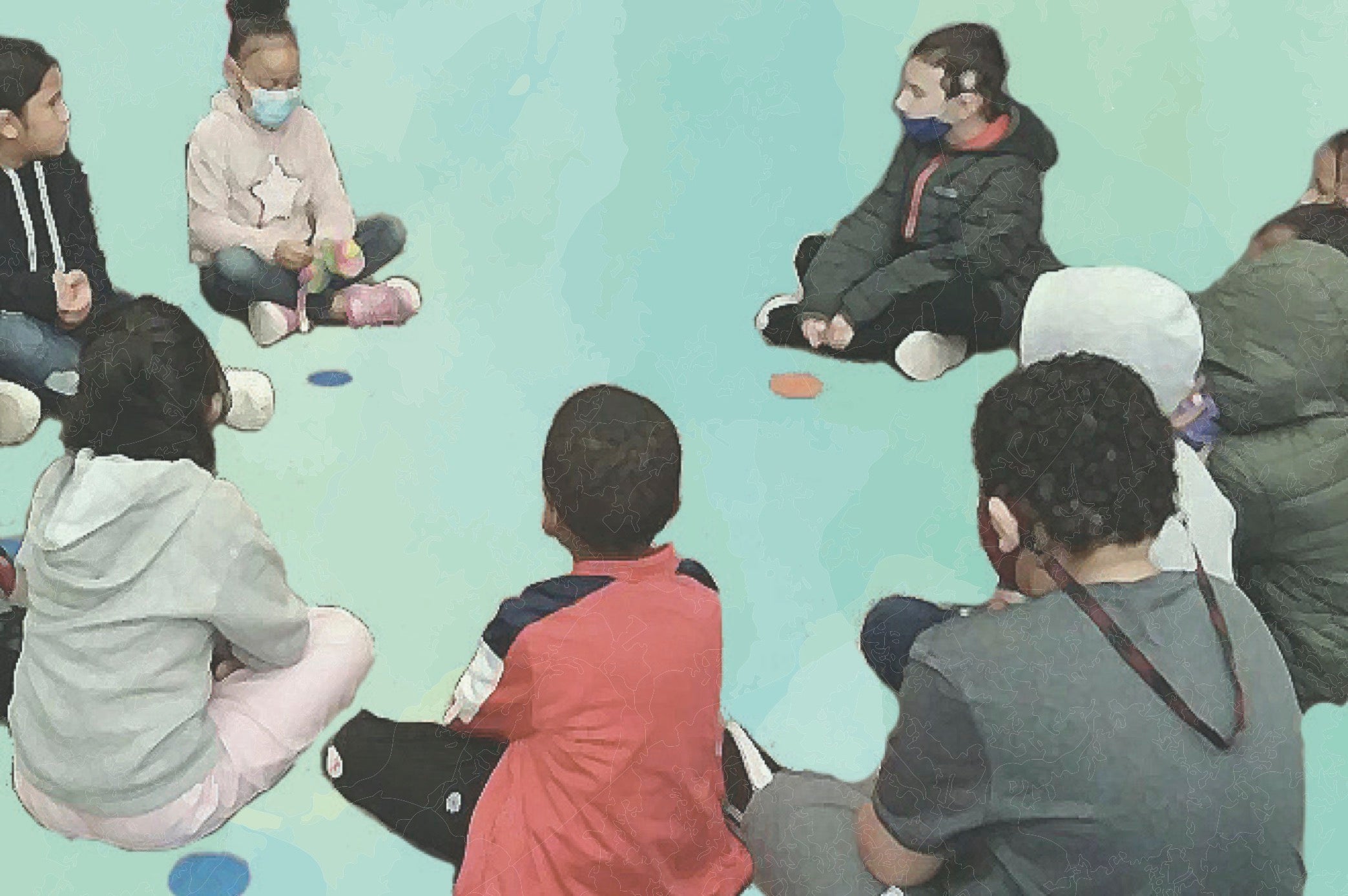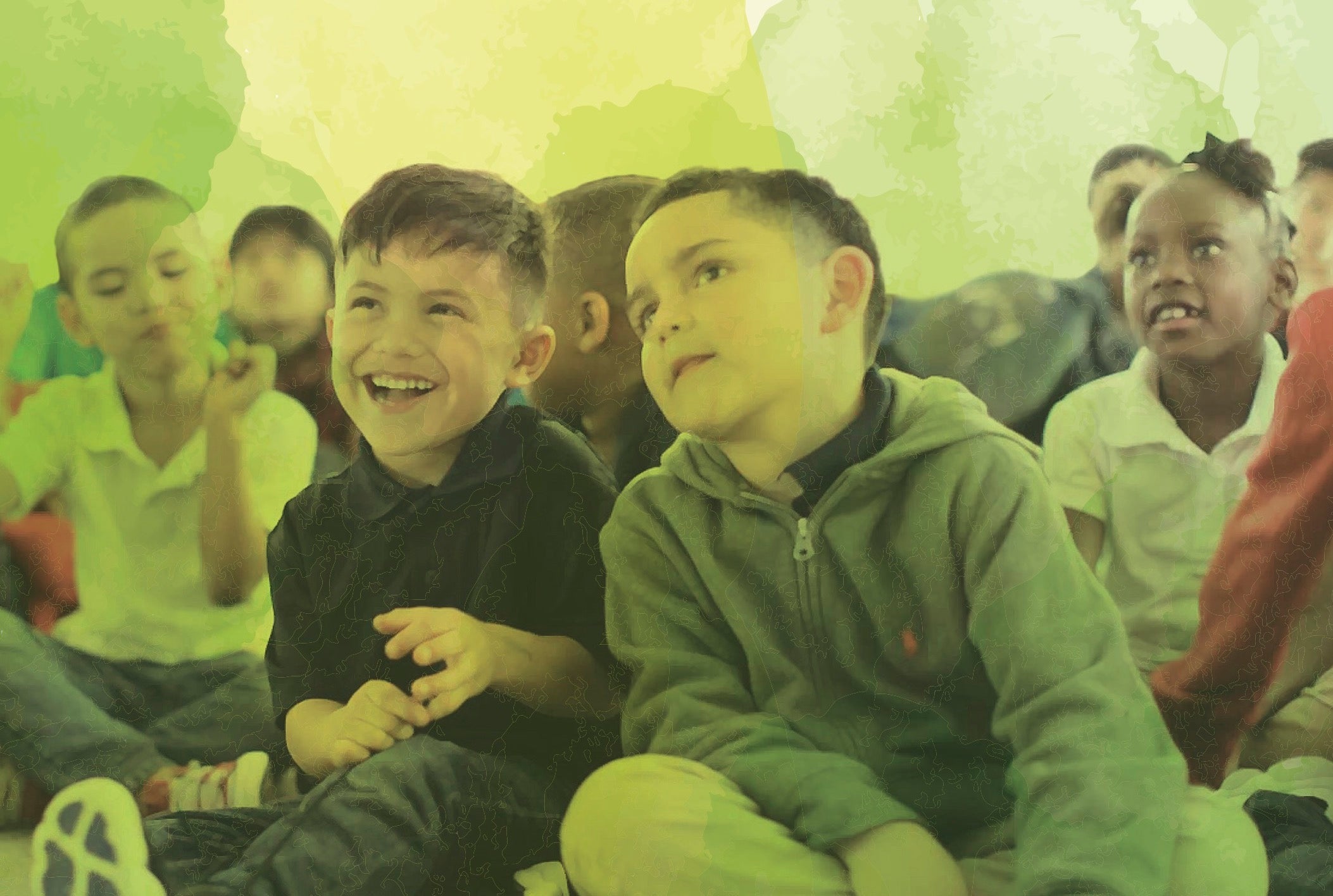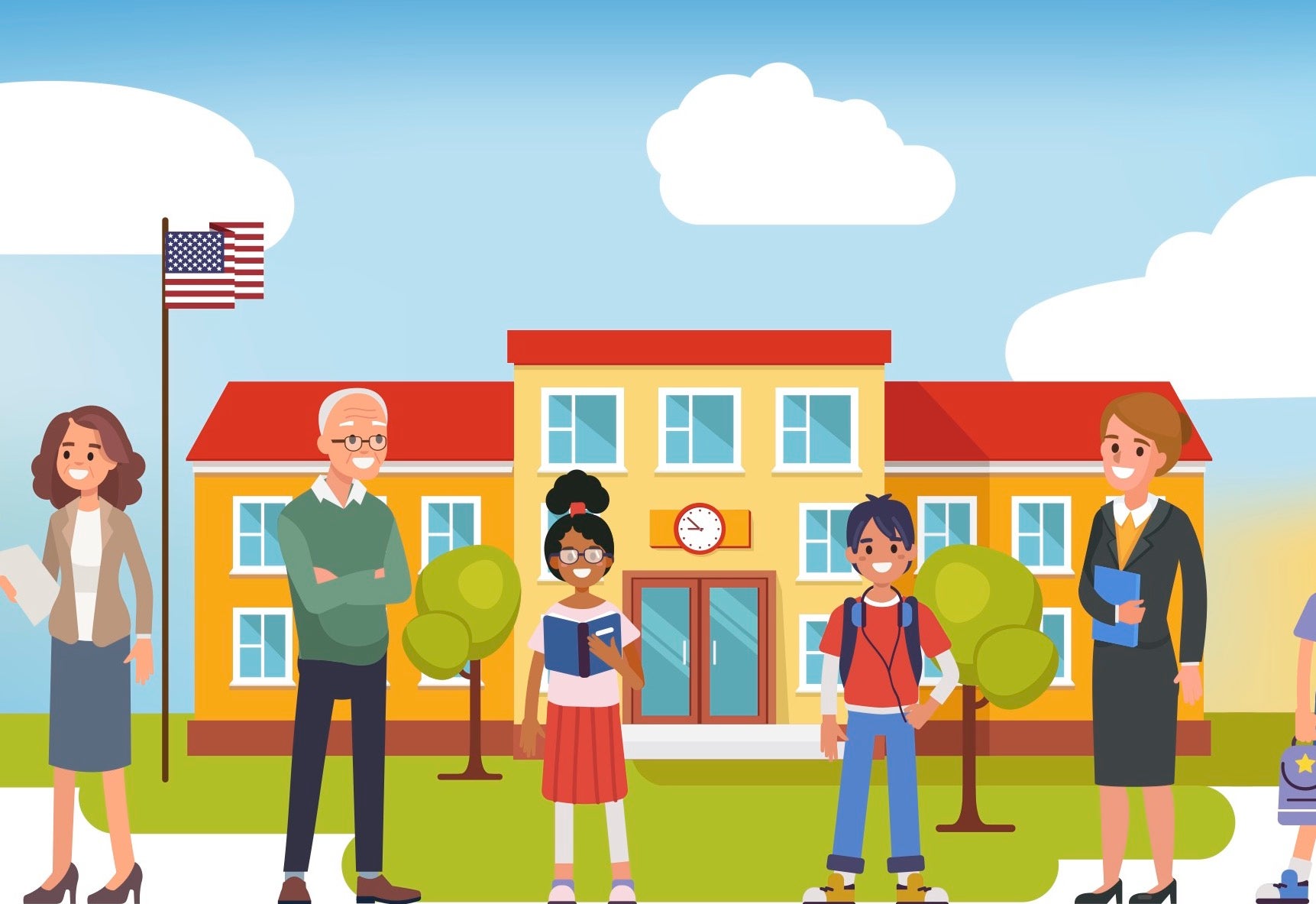
Breadcrumb
- Wallace
- Reports
- Building An Effective Social And...
Building an Effective Social and Emotional Learning Committee in Dallas
One of Six Case Studies of Schools and Out-of-School-Time Program Partners

- Author(s)
- Alice Huguet, Heather L. Schwartz, and Catherine H. Augustine
- Publisher(s)
- RAND Corporation
- DOI Link
- https://doi.org/10.7249/RRA379-6
Summary
How we did this
Researchers drew on a variety of data for this case study of a partnership between Webster Elementary School in Dallas and its out-of-of-school-time (OST) provider Thriving Minds After School.
Introducing daily rituals, shared terminology among staff, smaller student communities--and an effective steering committee driving it all.
These innovations were crucial to the success of a partnership between Webster Elementary in Dallas and its out-of-school-time (OST) partner, Thriving Minds Afterschool. Its goal: to boost students’ social and emotional learning (SEL).
Those were the findings of this case study, one of a series detailing how schools and OST programs in six communities collaborated to build students’ social and emotional skills.
Part of a Larger Initiative
The communities were participants in Wallace’s Partnerships for Social and Emotional Learning Initiative. It brought together school districts and their OST partners to develop and put in place SEL activities across learning settings.
Steps to Ensure Sustainability
Webster and Thriving Minds worked together to make SEL sustainable, even in the face of staff turnover and other challenges. They did so by forming an effective steering committee that became the driving force behind their SEL work.
The committee took a variety of steps. They included:
- Prioritizing particular strategies to cultivate an SEL-focused climate across campus
- Providing training to school and OST program staff members
- Monitoring and documenting implementation of these efforts.
The committee also ensured that staff shared a common terminology to help make new concepts a part of daily life. And it created a system of smaller student-staff communities, called houses, to build camaraderie.
Improvements
The focus on sustainable social and emotional learning resulted in a variety of school and OST improvements. For example:
- Staff members beyond the steering committee began sharing responsibility for SEL on campus.
- There were improvements in attendance, school climate, and student behavior.
- Short SEL rituals became embedded in the campus’s daily schedule before the onset of the pandemic. That helped ease the transition of SEL to hybrid learning.

As soon as you walked through the door you became a part of a community that really saw you, celebrated culture, and believed that with love and high expectations, we all could become the best versions of ourselves.
— Latrisha McDuffie, SEL specialist, Thriving Minds After School, Webster
Key Takeaways
- An effective steering committee was crucial to the partnership’s success.
- The steering committee oversaw social and emotional learning (SEL) implementation. Its goal was to ensure the program’s sustainability.
- SEL practices were implemented routinely. That led to improvements in attendance, perceptions of school climate, and student behavior.
- Crucial innovations included daily rituals, shared terminology among staff, and smaller student communities.
Visualizations
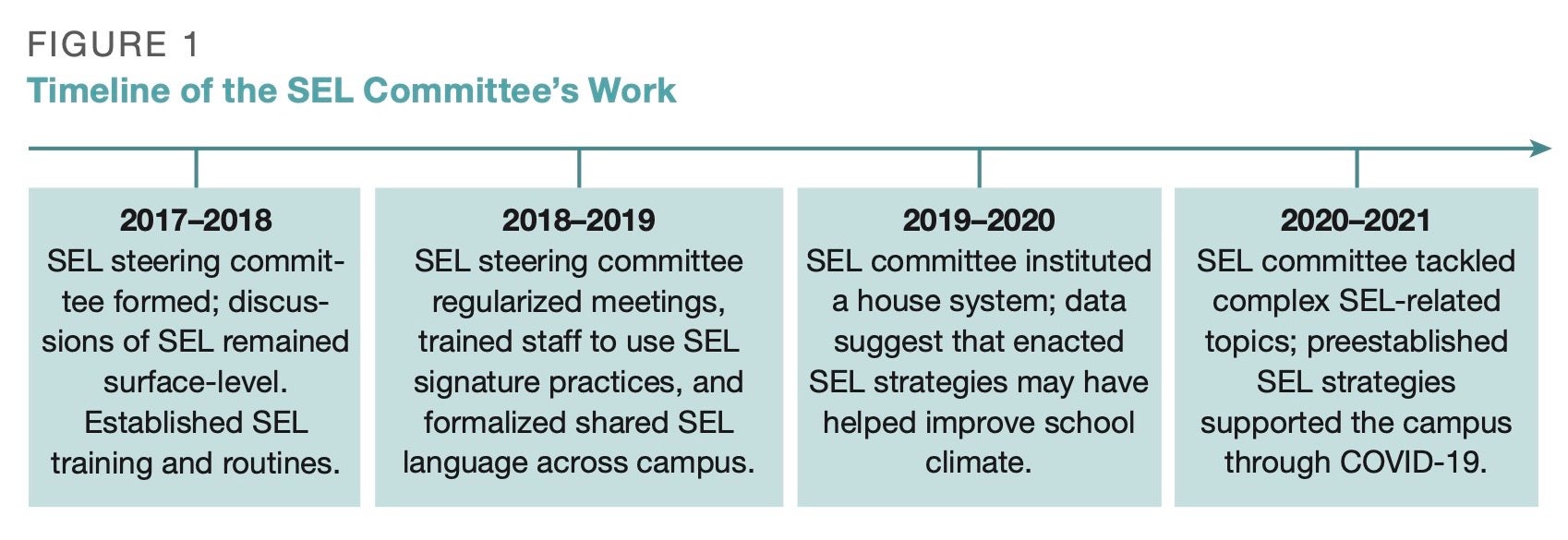
Materials & Downloads
What We Don't Know
The collaboration took place in a large urban district primarily serving students from historically disadvantaged populations. For that reason, lessons learned may not apply to all elementary schools.
Researchers surveyed Thriving Minds Afterschool instructors each year. But because the number of respondents was less than ten, they were unable to report on this data.

